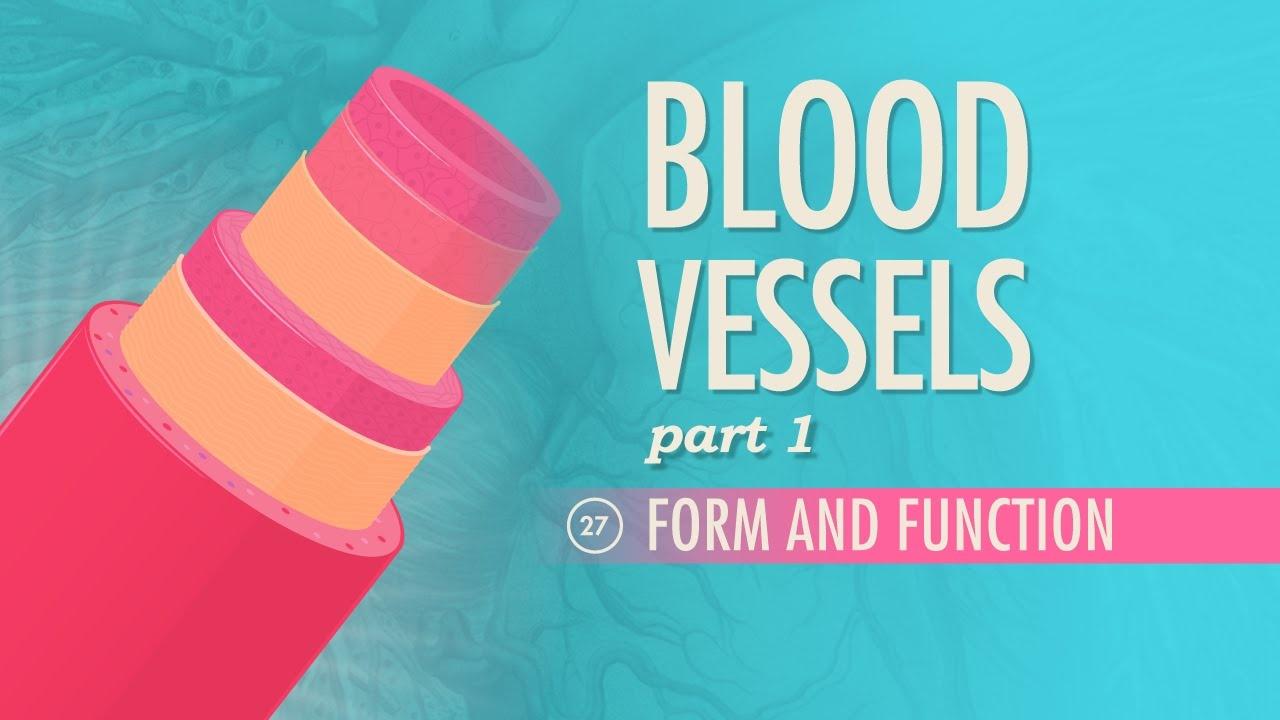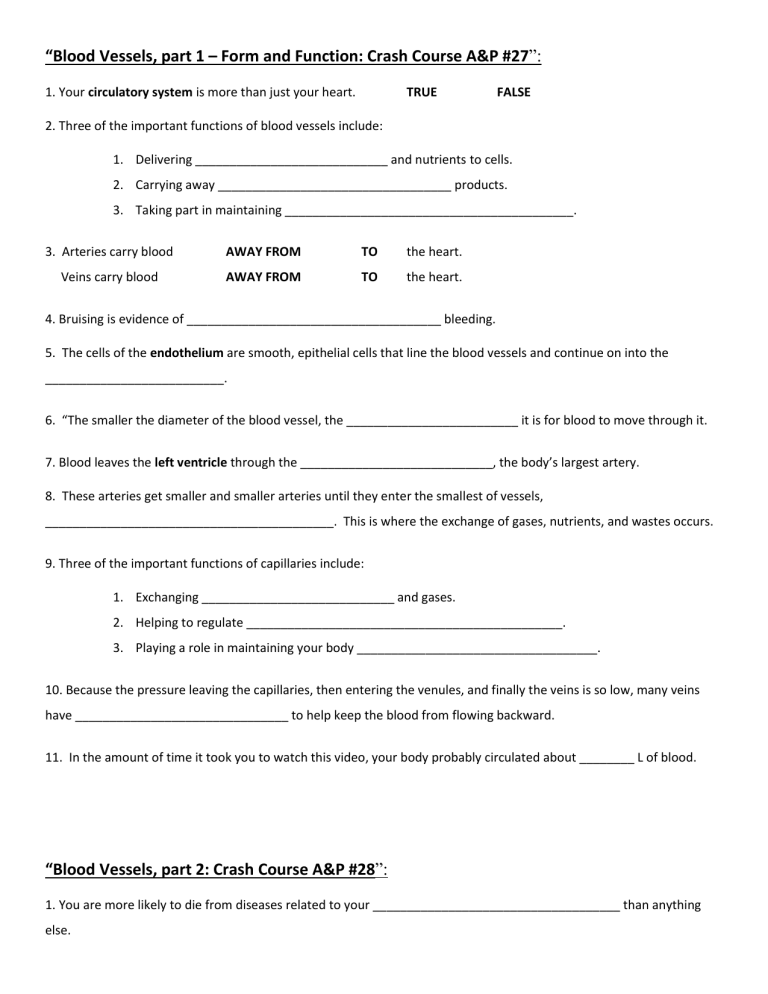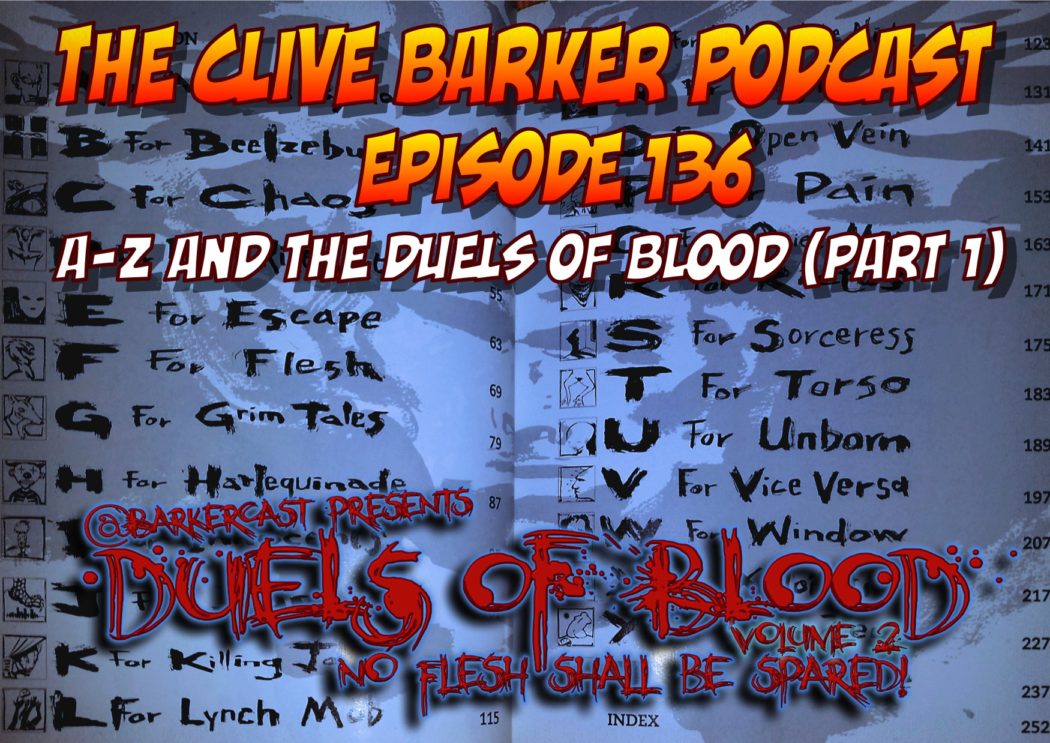Blood Part 1 Crash Course
Blood Part 1 Crash Course - Web find them on the free crash course app! Now that we've talked about your blood vessels, we're going to zoom in a little closer and talk about your blood itself. 16 million blood is what percent of body weight? Click the card to flip 👆. Your circulatory system is more than just your heart. Web we'll start by outlining the basic components of blood, including erythrocytes, leukocytes, platelets, and plasma, as well as the basic process of hemostasis that stops bleeding, and how antigens are responsible for the blood type that you have. Crash course anatomy & physiology #29. Now that we've discussed blood, we're beginning our look at how it gets around your body. We review how those structures differ slightly in different types of vessels. Anatomy & physiology start typing, then use the up and down arrows to select an option from the list. Summarize any video by yourself install on chrome key insights 💉 Now that we've talked about your blood vessels, we're going to zoom in a little closer and talk about your blood itself. Crash course anatomy & physiology #24 16 million blood is what percent of body weight? Blood, part 1 — eightify crash course anatomy & physiology: The one thing that we cannot manufacture is _______________________________. Crash course anatomy & physiology #24 Now that we've talked about your blood vessels, we're going to zoom in a little closer and talk about your blood itself. Summarize any video by yourself install on chrome key insights 💉 Web blood part 1: 6 functions of blood || explained in 1 min. Web blood part 1: Web we'll start by explaining the structure and function of your erythrocytes, and of hemoglobin, which they use to carry oxygen. Blood, part 1 tldr blood donation is crucial because blood cannot be manufactured and is an irreplaceable resource for saving lives. Crash course anatomy & physiology. We'll also follow the flow of blood from your heart to the capillaries in your right thumb, and all the way back to your heart again. Web we'll start by outlining the basic components of blood, including erythrocytes, leukocytes, platelets, and plasma, as well as the basic process of hemostasis that stops bleeding, and how antigens are responsible for the. We'll follow the formation and life cycle of a red blood cell, i. Now that we've discussed blood, we're beginning our look at how it gets around your body. Web crash course anatomy & physiology: 1 5.0 (2 reviews) 1. Anatomy & physiology start typing, then use the up and down arrows to select an option from the list. Blood, part 1 — eightify crash course anatomy & physiology: 1 5.0 (2 reviews) 1. Now that we've discussed blood, we're beginning our look at how it gets around your body. Now that we've discussed blood, we're beginning our look at how it gets around your body. Click the card to flip 👆. Anatomy & physiology start typing, then use the up and down arrows to select an option from the list. 8% how many types of blood are there? Web we'll start by outlining the basic components of blood, including erythrocytes, leukocytes, platelets, and plasma, as well as the basic process of hemostasis that stops bleeding, and how antigens are responsible for. Now that we've talked about your blood vessels, we're going to zoom in a little closer and talk about your blood itself. Blood transfusion number of pints of blood needed per year in the u.s. Blood, part 1 — eightify crash course anatomy & physiology: Anatomy & physiology start typing, then use the up and down arrows to select an. We'll also follow the flow of blood from your heart to the capillaries in your right thumb, and all the way back to your heart again. 16 million blood is what percent of body weight? Crash course anatomy & physiology #24 Now that we've talked about your blood vessels, we're going to zoom in a little closer and talk about. Crash course anatomy & physiology #24 Blood, part 1 tldr blood donation is crucial because blood cannot be manufactured and is an irreplaceable resource for saving lives. Now that we've discussed blood, we're beginning our look at how it gets around your body. 16 million blood is what percent of body weight? Now that we've talked about your blood vessels,. Web crashcourse 15.3m subscribers subscribe subscribed 28k 2.6m views 8 years ago anatomy & physiology now that we've discussed blood, we're beginning our look at how it gets around your body. Web we'll start by outlining the basic components of blood, including erythrocytes, leukocytes, platelets, and plasma, as well as the basic process of hemostasis that stops bleeding, and how antigens are responsible for the blood type that you have. Web we'll start by explaining the structure and function of your erythrocytes, and of hemoglobin, which they use to carry oxygen. The one thing that we cannot manufacture is _______________________________. 6 functions of blood || explained in 1 min. Crash course anatomy & physiology #24 8% how many types of blood are there? Blood, part 1 — eightify crash course anatomy & physiology: Now that we've discussed blood, we're beginning our look at how it gets around your body. Now that we've talked about your blood vessels, we're going to zoom in a little closer and talk about your blood itself. Summarize any video by yourself install on chrome key insights 💉 Crash course anatomy & physiology #29. Web find them on the free crash course app! Web blood part 1: Now that we've discussed blood, we're beginning our look at how it gets around your body. Now that we've discussed blood, we're beginning our look at how it gets around your body.
Blood Vessels, Part 1 Form and Function Crash Course A&P 27 PBS

Blood, Part 1 True Blood Crash Course Anatomy & Physiology 29 YouTube

Blood Part 1 Behold YouTube

Left 4 Dead Crash Course Playthrough Part 1 YouTube

Blood part 1 YouTube

Important Questions from Blood part1 YouTube

Blood lec.1 part one YouTube

Crash Course Blood Vessels pt 1 and 2

136 A to Z and the Duels of Blood (Part 1)

Blood Part 1 Chapter 14 YouTube
Click The Card To Flip 👆.
Blood, Part 1 Tldr Blood Donation Is Crucial Because Blood Cannot Be Manufactured And Is An Irreplaceable Resource For Saving Lives.
We Will Also Follow The Flow Of Blood From Your Heart To Capillaries In Your Right Thumb, And.
Your Circulatory System Is More Than Just Your Heart.
Related Post: